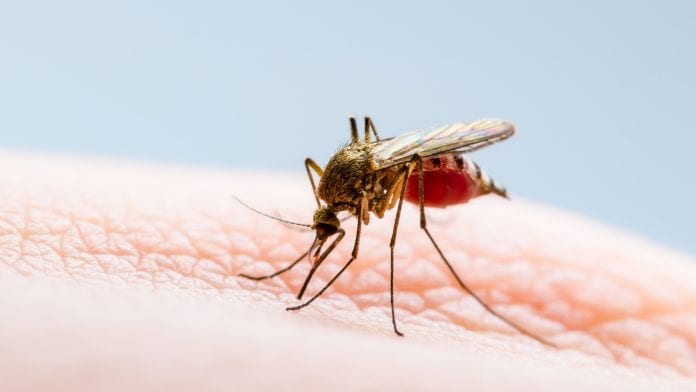
Three UK institutions have been awarded £2.3m to investigate tropical diseases affecting some of the world’s poorest populations.
Scientists from Oxford Brookes University, University of York, and the University of Oxford have been awarded a grant to investigate how the Leishmania parasite grows in humans and spreads leishmaniasis – a tropical disease that causes skin ulcers and damage to internal organs, bone marrow, and the immune system; and which can be fatal if left untreated.
The five-year project, which will be led by the University of Glasgow, is funded by the Wellcome Trust.
Parasitic disease
Leishmaniasis affects some of the poorest communities globally in tropical and subtropical parts of the world and has been categorised as a ‘neglected tropical disease’ by the World Health Organization due to limited research and control measures for the disease.
Dr Jack Sunter, from the Department of Biological and Medical Sciences at Oxford Brookes University, said: “There are approximately one million cases of leishmaniasis in the world at any one time. We’re aiming to gain a global understanding of leishmania – the parasite carried by sand flies which are responsible for spreading the leishmaniasis infection. We want to understand which proteins in the parasite are important for infecting humans, and which are important for growth. Both of these will allow us to understand how humans are infected, and how the disease then spreads within the body.”
Genome modification
Scientists sequenced the genes in the leishmania parasite15 years ago, however, minimal progress has been made since then. Advances with CRISPR technology now allow researchers to delete each gene individually and generate 9,000 leishmania mutants, allowing the team to determine whether an individual gene is important for causing disease.
The researchers will also tag proteins with a fluorescent marker to work out where in the cell the protein is found and its function.
Dr Sunter added: “These approaches will help us to understand how the parasite infects the body, and we will be able to analyse their specific functions in more detail. Understanding more about this disease could lead to more effective treatments in the future.”
The research will begin in April 2021.







